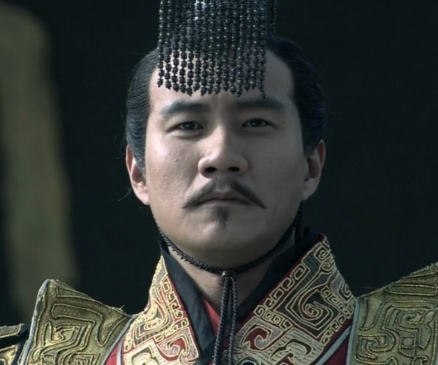The Battle of Guangzong was an important campaign in Chinese history, which took place at the end of the Tang Dynasty. This battle involved the participation of multiple forces and had a profound impact on the political situation at that time. This article will introduce the participating forces and their historical significance of the Battle of Guangzong in detail.

I. Background Introduction
At the end of the Tang Dynasty, political corruption and eunuch's monopoly of power led to national chaos. The local vassal states were divided and independent forces emerged. Among them, the Huangchao Rebel Army was the most influential force at that time. In order to suppress the Huangchao Rebel Army, the Tang Dynasty government formed alliances with various vassal states to jointly resist the rebel army. The Battle of Guangzong broke out against this backdrop.
II. Participating Forces
1. Huangchao Rebel Army: A peasant rebel army led by Huangchao, aimed at overthrowing the decaying Tang Dynasty regime and establishing a new political power.
2. Tang Army: The military of the Tang Dynasty government, composed of various vassal states, including Li Keyong, the Military Governor of Hedong, and Liu Rengong, the Military Governor of Youzhou.
3. Other Forces: Besides the Huangchao Rebel Army and the Tang Army, there were also some local forces involved in the Battle of Guangzong, such as Han Jian, the Military Governor of Weibo, and Wang Rong, the Military Governor of Chengde.
III. Course of the Battle
The Battle of Guangzong lasted for several years, and both sides fought several fierce battles. Initially, the Huangchao Rebel Army gained some advantages in the war, but as the Tang Army and other forces joined in, the situation gradually changed. In the end, after a series of battles, the Huangchao Rebel Army was defeated, and Huangchao himself died in the battle.
IV. Historical Significance
The Battle of Guangzong had a profound impact on the political situation at that time. Firstly, this battle temporarily stabilized the Tang Dynasty regime and prolonged its ruling lifespan. Secondly, the Battle of Guangzong accelerated the process of vassal states' separatism, laying the groundwork for the divided situation of the Five Dynasties and Ten Kingdoms period. Finally, this battle also reflected the positive role of peasant rebellions in overthrowing decaying regimes, providing valuable historical lessons for the development of Chinese history.
Conclusion:
The Battle of Guangzong was an important campaign with significant historical significance at the end of the Tang Dynasty. This battle involved the participation of multiple forces and had a profound impact on the political situation at that time. Through the study of the Battle of Guangzong, we can better understand the historical background and social conditions of that era, providing reference and inspiration for our lives today.
Disclaimer: The above content is sourced from the internet and the copyright belongs to the original author. If there is any infringement of your original copyright, please inform us and we will delete the relevant content as soon as possible.
































